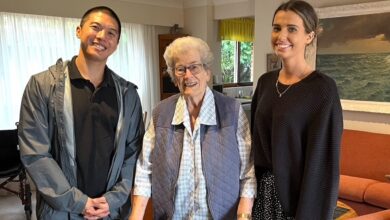Hospital exercise key to recovery
Exposing intensive care patients to light exercise may reduce hospitalisation and improve long-term patient recovery.
Researchers at Monash University will begin trialling early exercise programs in 12 Intensive Care Units in Australia and New Zealand for patients who are mechanically ventilated.
Lead investigator, Dr Carol Hodgson said early mobilisation was not commonly used in ICUs and weakness was known to be a substantial problem.
The observational study is one the largest investigations of the feasibility of exercise in critically ill patients. Overseas light exercise in hospital has shown to reduce the length of sedation, hospital stay and to improve functional independence.
Hodgson said early rehabilitation could significantly improve the long-term recovery of seriously ill patients such as those traumatically injured in car accidents or victims of debilitating illness such as influenza.
During the first 48-hours after admission patients will be exposed to physical therapy and the use of specialised exercise equipment, such as a stationary bicycle, which allows patients to exercise while lying down.
The study has significant implications for ICU care on an international scale. Using physiotherapists as part of an ICU multidisciplinary team and introducing early mobilisation into routine care could have important long-term outcomes for patients once they return home, she said.
Hodgson said there was no data about the level of activity and mobility in critically ill patients in Australian and New Zealand ICUs and urgent research was required.
If the pilot study of 200 ICU patients is successful, researchers will apply for national funding to conduct a large-scale, multi-centre study of the long-term benefits on survival and quality of life.
The study is a collaboration between the Australian and New Zealand Intensive Care Research Centre at Monash University and researchers from Johns Hopkins University in the US.
The researchers comprise of ICU specialists including doctors, nurses and physiotherapists.
Email: [email protected]




